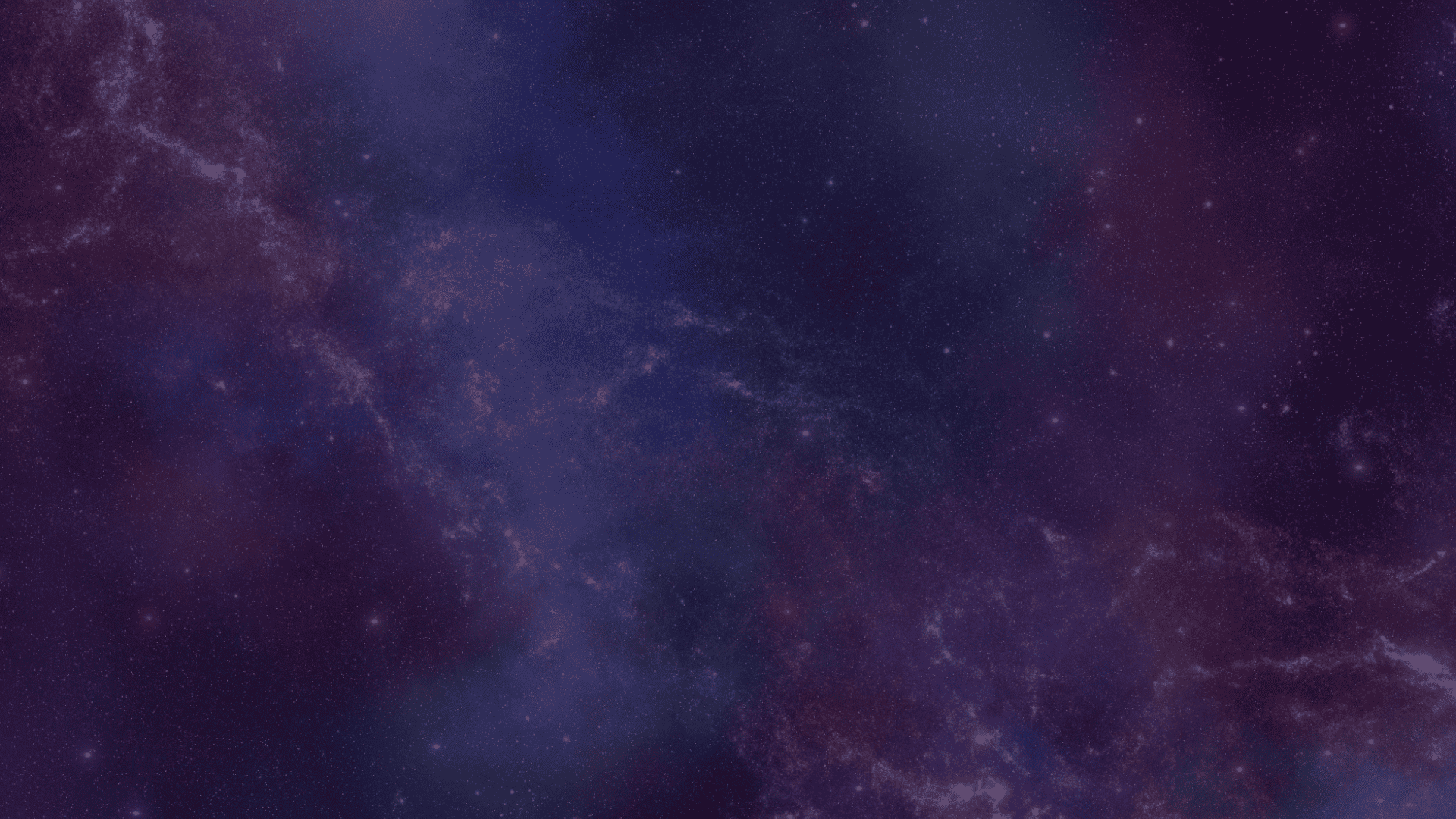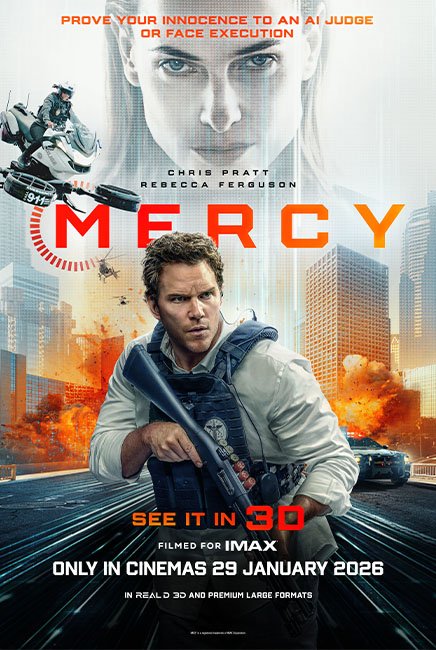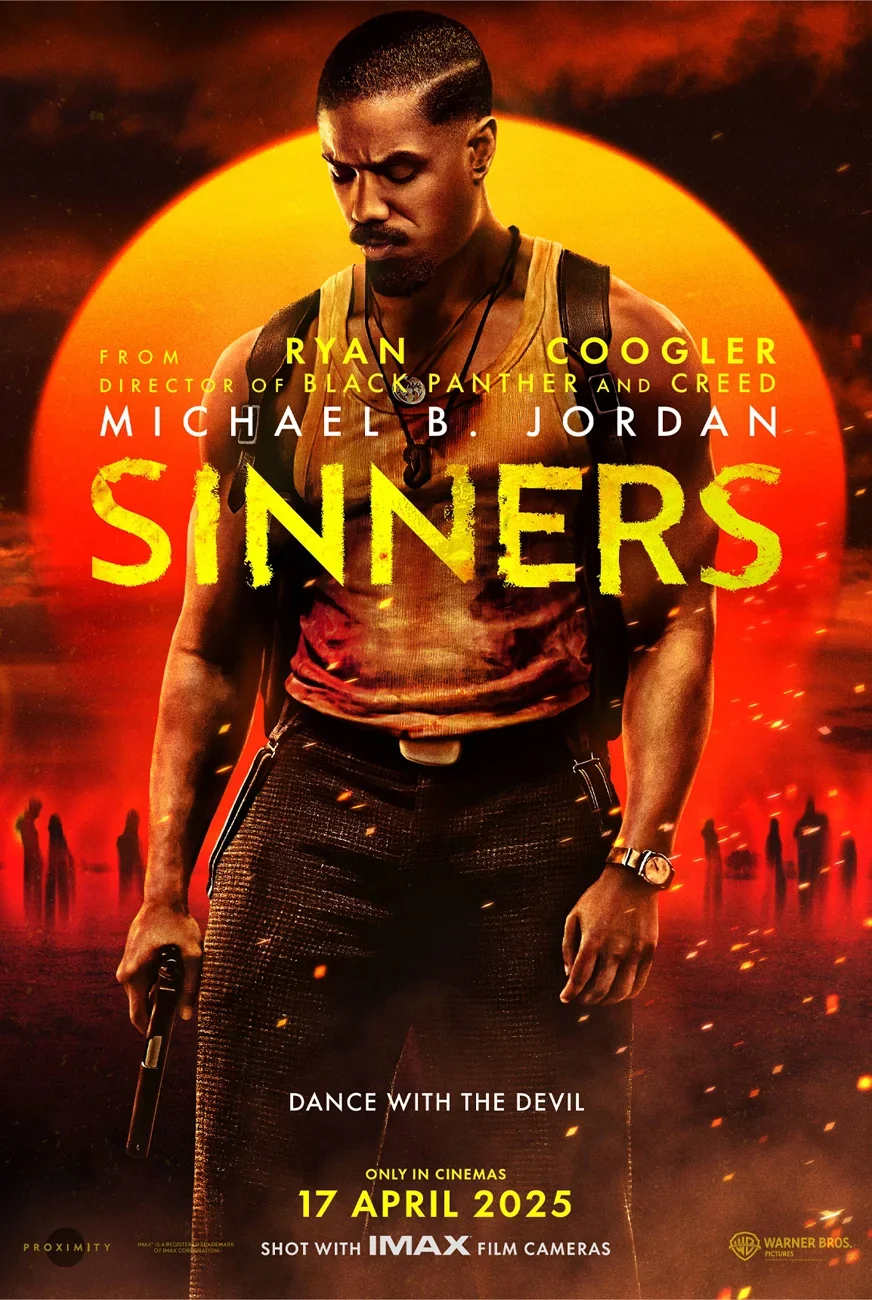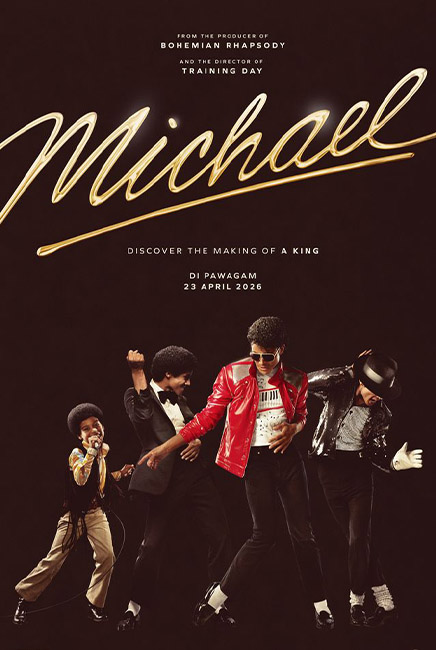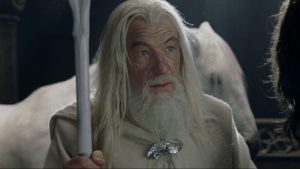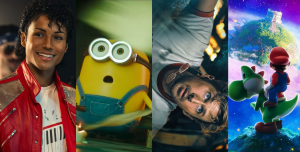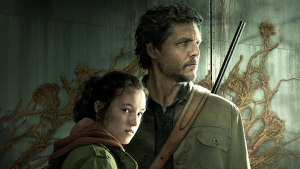Origins: What Is Journey to the West?
Journey to the West isn’t just another old book—it’s a 16th-century Chinese epic that mixes adventure, humor, and spirituality in one wild ride. Written during the Ming dynasty and usually credited to Wu Cheng’en, it tells the story of a monk named Xuanzang who travels to India to collect Buddhist scriptures.
The story takes place during the Tang dynasty and blends mythology, folklore, and religion into a fantastical road trip.
Each character represents a different human flaw or virtue, turning their journey into a lesson about discipline, teamwork, and redemption.
Main Characters From the Journey to the West
As mentioned, each character from the Journey to the West represents human nature. For readers who are not familiar with the classical tale, here’s a short summary of the main characters from this legendary story.
Tang Xuanzang
Xuanzang, also known as Tang Sanzang, stands as the calm center of the chaos. A devout Buddhist monk, he sets out on a pilgrimage from China to India to bring back sacred scriptures. Despite his gentle nature, he anchors the group with his unwavering faith and moral clarity.
His compassion often lands him in trouble, but it also wins him allies. In most film versions, Xuanzang’s role balances the wild energy of his companions, serving as both their spiritual guide and moral compass.
Sun Wukong
The Monkey King, bursts onto the screen with unmatched confidence. Born from stone and gifted with immense power, he once rebelled against Heaven itself. After being imprisoned by the Buddha, he joins Xuanzang’s journey as both protector and troublemaker.
Audiences love his mix of arrogance and loyalty. In film adaptations, his quick wit, acrobatics, and golden staff make him the undeniable star of the group.
Zhu Bajie
Pigsy, or Zhu Bajie, brings humor and heart. Once a heavenly marshal, he was banished for his indulgent ways and reborn with the face of a pig. His gluttony and laziness often clash with Xuanzang’s discipline, but his bravery shines when it matters.
Sha Wujing
Sandy, known as Sha Wujing, plays the quiet realist of the crew. Once a celestial general, he was exiled to Earth after breaking a heavenly vase. In movies, he grounds the team with patience and loyalty, proving that strength doesn’t always need to be shouted.
Movie Adaptations: Ranking the Best Journey to the West Movies
They say every generation gets the Monkey King it deserves, and cinema has taken that prophecy seriously. From the silent-era The Cave of the Silken Web (1927) to Stephen Chow’s witty A Chinese Odyssey (1995), filmmakers keep reinventing Sun Wukong with new swagger, style, and CGI budgets that could make even the Jade Emperor blush.
Fans often rank The Monkey King Trilogy (2014–2018) near the top for its bold visuals and mythic energy, while Princess Iron Fan (1941) earns respect for being China’s first animated feature. Meanwhile, cult favorites like Journey to the West: Conquering the Demons (2013) prove that humor and heart still rule the pilgrimage. Each film swings its staff differently—but all keep the legend alive.
1. A Chinese Odyssey (1995)

Image Source: San Bo Mega Star Media Asia
- Chinese Title: 西遊記第壹佰零壹回之月光寶盒 (For Part One) 大话西游之仙履奇缘 (For Part Two)
- Director: Jeffrey Lau
- Cast: Stephen Chow, Athena Chu, Karen Mok, Law Kar-ying, Ng Man-tat
- Notable Quote: “Bitch, don’t step on my intestine.”
Released in 1995, A Chinese Odyssey Part One: Pandora’s Box reimagines Journey to the West with a mix of slapstick comedy, romance, and time-bending fantasy. It doesn’t just adapt the classic—it pokes it, teases it, and reshapes it into something only Hong Kong cinema could pull off.
Stephen Chow plays the reincarnated Monkey King, now a roguish outlaw named Joker. His journey balances absurd physical comedy with moments of surprising emotional weight. Chow’s signature “mo lei tau” humor—nonsensical yet oddly profound—turns Buddhist allegory into a chaotic playground of puns, pratfalls, and cosmic jokes.
Jeffrey Lau directs with confidence, blending lowbrow gags and high-concept ideas like it’s second nature. The film’s tone shifts constantly—from bawdy farce to melancholic reflection—yet somehow keeps its rhythm. The visual effects, though dated, amplify its charm rather than diminish it. It’s messy, loud, and occasionally nonsensical, but that’s the magic. A Chinese Odyssey doesn’t just retell Journey to the West—it laughs at destiny, questions enlightenment, and makes the Monkey King feel human again.
2. Journey To The West: The Demons Strike Back (2017)

Image Source: Sony Pictures
- Chinese Title: 西遊伏妖篇
- Director: Tsui Hark
- Cast: Kris Wu, Lin Gengxin, Yao Chen, Lin Yun, Mengke Bateer, Yang Yiwei
- Notable Quote: “A monk and his three disciples continue their journey to battle demons.”
This 2017 sequel keeps the Journey to the West myth alive but spins it with Tsui Hark’s signature visual flair and Stephen Chow’s offbeat humor. It’s bold, chaotic, and unapologetically weird—exactly the kind of cinematic energy that refuses to play it safe.
The story follows Tang Sanzang and his three disciples as they trek westward, wrestling not only with demons but also with their own mistrust and egos. The tension between master and students gives the film its emotional pulse, even when the CGI fireworks threaten to steal the spotlight.
Hark directs with kinetic energy, mixing slapstick with spiritual allegory. The result feels like a carnival of Buddhist philosophy—colorful, noisy, and occasionally profound. Some fans missed Chow’s directorial touch, but his influence lingers in the film’s playful absurdity and moral undercurrent.
It’s not a perfect sequel, but it dares to be eccentric. Between the flying monks, shape-shifting demons, and a monk who just wants peace, The Demons Strike Back proves that the Journey to the West saga still has plenty of wild roads left to travel.
3. Nobody (2025)

Image Source: China Film Group
- Chinese Title: 浪浪山小妖怪
- Director: Yu Shui
- Cast: Chen Liaoyu, voice ensemble of yaoguai misfits
- Notable Quote: “You may think you’ve escaped one mountain, only to find yourself trapped on an even bigger one.”
“Nobody” flips Journey to the West on its head. Instead of gods and heroes, it follows four small-time demons pretending to be the legendary disciples. It’s equal parts satire, workplace allegory, and mythological remix—an animated film that dares to ask what happens when the “little guys” take center stage.
The movie’s charm lies in its anti-mythic stance. It strips away divine glory and focuses on survival, disguise, and the quiet grind of ordinary beings. The humor hits close to home for viewers who’ve ever dealt with vague feedback, endless revisions, or the pressure to “perform” in modern life.
Visually, it’s stunning. The ink-wash backdrops and hand-drawn textures recall classic Chinese art while keeping the motion crisp and expressive. Every frame feels like a nod to Shanghai Animation Film Studio’s legacy, yet the tone is refreshingly modern.
Now showing on the big screens, you can catch Nobody 浪浪山小妖怪 at TGV Cinemas this November!
4. The Forbidden Kingdom (2008)

Image Source: Lionsgate Films
- Chinese Title: 功夫之王
- Director: Rob Minkoff
- Cast: Jackie Chan, Jet Li, Michael Angarano, Liu Yifei, Li Bingbing
- Notable Quote: “Empty your cup.”
The Forbidden Kingdom takes a bold swing at blending East and West, tossing a modern American teen into the mythic world of Chinese martial arts legends. It’s a fantasy adventure that dips into Journey to the West while keeping its tone light and accessible for global audiences.
The film made waves for uniting Jackie Chan and Jet Li for the first time on screen. Their chemistry and fight choreography, crafted by Yuen Woo-ping, deliver the kind of fluid, rhythmic combat that fans of classic wuxia films crave. Every punch and flip feels like a respectful nod to decades of martial arts cinema.
While the story leans on a Western outsider’s perspective, it still celebrates Chinese myth and philosophy—from the mischievous Monkey King to the wise, drunken master archetype. It’s a cinematic bridge between cultures, even if that bridge wobbles at times.
It may not be the deepest retelling of Journey to the West, but it’s a lively introduction that invites audiences to explore the myth’s richer roots.
5. The Boy and the Beast (2015)

Image Source: Toho Co., Ltd.
- Director: Mamoru Hosoda
- Cast: Shōta Sometani, Kōji Yakusho, Aoi Miyazaki, Suzu Hirose
- Genre: Fantasy, Adventure, Coming-of-Age
- Notable Soundtrack: Masakatsu Takagi’s score, blending traditional Japanese tones with modern orchestration
Mamoru Hosoda dives headfirst into the clash between humanity and beastliness with The Boy and the Beast. It’s a story that asks what happens when a runaway boy from Tokyo stumbles into a parallel world ruled by talking animals who fight, eat, and argue like grumpy uncles at a family reunion.
The film mixes spiritual mentorship with martial arts chaos, creating a rhythm that feels both heartfelt and feral. Its animation bursts with color and movement—fur, fists, and feelings all flying at once. It’s not afraid to slow down either, letting quiet moments of reflection sneak between the action.
Some call it Hosoda’s answer to Journey to the West, where the beast becomes both master and mirror. The human learns strength, the beast learns empathy, and both find a strange kind of family.
For a film about fists and fangs, it plays like a symphony. Takagi’s music glides between playful percussion and emotional strings, giving every punch and pause a pulse. It’s not just a fantasy—it’s a lesson in growing up, one roar at a time.
6. The Monkey King (2014)

Image Source: Mountain Pictures
- Chinese Title: 西游记之大闹天宫
- Director: Soi Cheang
- Cast: Donnie Yen, Chow Yun-Fat, Aaron Kwok, Joe Chen
- Genre: Action, Fantasy, Adventure
This 3D spectacle swings straight into the clouds with Donnie Yen as Sun Wukong, the mischievous Monkey King who can’t resist challenging Heaven itself. The film bursts with energy, color, and a kind of digital chaos that feels like a video game come to life.
Soi Cheang directs with the confidence of someone who knows subtlety isn’t the goal here. He leans into the myth’s madness—lava mountains, glowing palaces, and gods in full glam armor—all rendered through ambitious but uneven CGI. It’s a visual overload, but that’s part of the charm.
Yen’s performance is pure kinetic mischief. Beneath the heavy makeup and motion capture, he channels Wukong’s arrogance, humor, and restless spirit. Chow Yun-Fat brings calm authority as the Jade Emperor, while Aaron Kwok’s Bull Demon King struts with rock-star flair.
The film’s soundtrack adds extra punch, mixing orchestral drama with mystical tones that match its mythic scale. For all its rough edges, The Monkey King dares to be wild and unapologetically weird—a digital opera of gods, demons, and one very rebellious monkey who refuses to play by celestial rules.
7. Immortal Demon Slayer (2017)
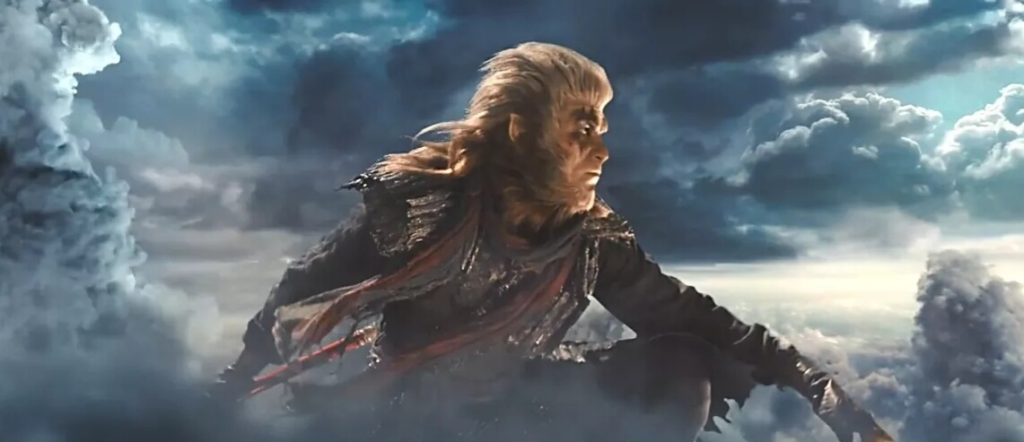
Image Source: New Classics Media
- Chinese Title: 悟空傳
- Director: Derek Kwok Chi-Kin
- Cast: Eddie Peng, Shawn Yue, Ni Ni and Ou Hao
- Genre: Action, Fantasy, Adventure
Set 500 years before Sun Wukong’s famous rampage in Heaven, the story follows him as a defiant immortal who refuses to bow to fate. He trains on Immortal Mountain alongside Yang Jian and Ah-zi, where friendship, rivalry, and heartbreak shape his destiny. It’s less “divine enlightenment” and more “cosmic coming-of-age.”
The film’s visuals go all out; think glowing skies, floating temples, and gravity-defying battles.
Its tone mixes mythic grandeur with a youthful edge, giving Wukong a modern attitude that feels both ancient and fresh.
The action choreography and visual effects earned nods at the Hong Kong Film Awards, proving that style and substance can share the same cloud.
Other Media Adaptations: TV Series, Books and Games About Journey to the West
Beyond the big screen, Journey to the West has strutted confidently across every kind of stage and screen imaginable.
Here are some other media adaptations we think deserve a shout when it comes to representing the amazing tale:
Book: The Journey to the West by Anthony C. Yu
Anthony C. Yu didn’t just translate Journey to the West—he gave it rhythm, humor, and a pulse that modern readers can actually feel. His four-volume edition keeps the original’s mix of prose, poetry, and philosophy intact while making sure readers don’t get lost in the swirl of ancient metaphors. It’s faithful yet fearless, walking that fine line between scholarship and sheer entertainment.
They say translation is an art, but Yu turned it into a performance. He balanced the spiritual depth of Xuanzang’s pilgrimage with the chaotic charm of Monkey King’s antics, making every chapter feel alive. Readers can sense the monk’s devotion, the disciples’ mischief, and the cosmic drama—all without losing the story’s wit or cultural texture.
TV Series: Journey to the West (1986) and TVB’s Journey to the West (1996)
The 1986 Mainland Chinese adaptation, directed by Yang Jie and produced by CCTV, didn’t just retell Wu Cheng’en’s classic—it embodied it. Every frame carried Tang-era flair, from the shimmering robes to the mischievous grin of Liu Xiao Ling Tong’s Sun Wukong. Audiences loved its mix of faithfulness and charm, proving that good storytelling doesn’t need flashy effects to captivate hearts.
A decade later, TVB’s 1996 version swaggered onto Hong Kong screens with Dicky Cheung as a cheekier, more rebellious Monkey King. It leaned into humor, energy, and Cantonese wit, making the ancient tale feel fresh for a new generation. Both series nailed the spirit of Journey to the West—one through reverence, the other through reinvention—and together, they kept the Monkey King’s legend alive and kicking.
Video Game: Black Myth: Wukong
Black Myth: Wukong doesn’t just nod to Journey to the West—it grabs the staff, spins it, and runs with it. Developed by Game Science, this action RPG reimagines Sun Wukong’s legend with cinematic flair and challenging combat. Players embody the Monkey King himself, facing mythic beasts and moral trials drawn straight from Wu Cheng’en’s classic novel.
What makes it fascinating is how it treats the source material with both reverence and rebellion. The game’s world feels ancient yet alive, blending Buddhist symbolism with gritty realism. It’s a bold retelling that respects the spirit of Journey to the West while showing that even a centuries-old myth can still swing hard in the modern gaming era.
